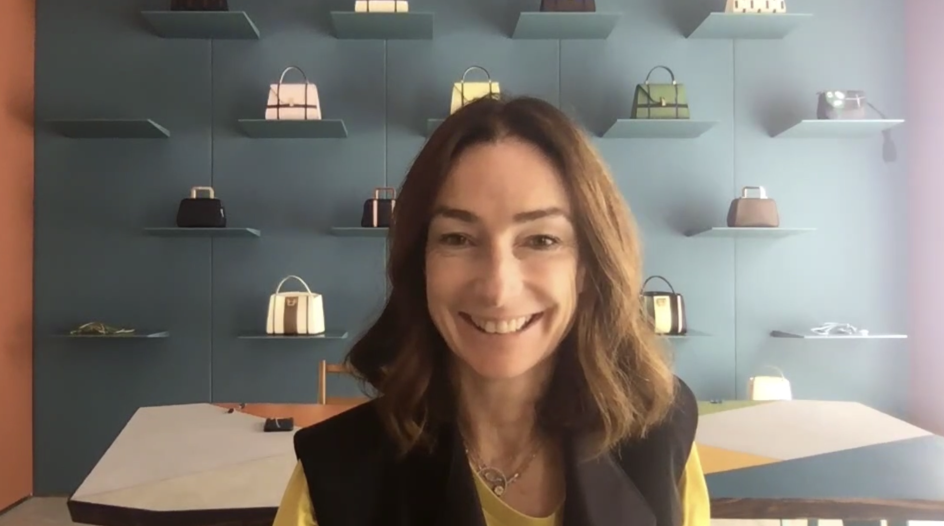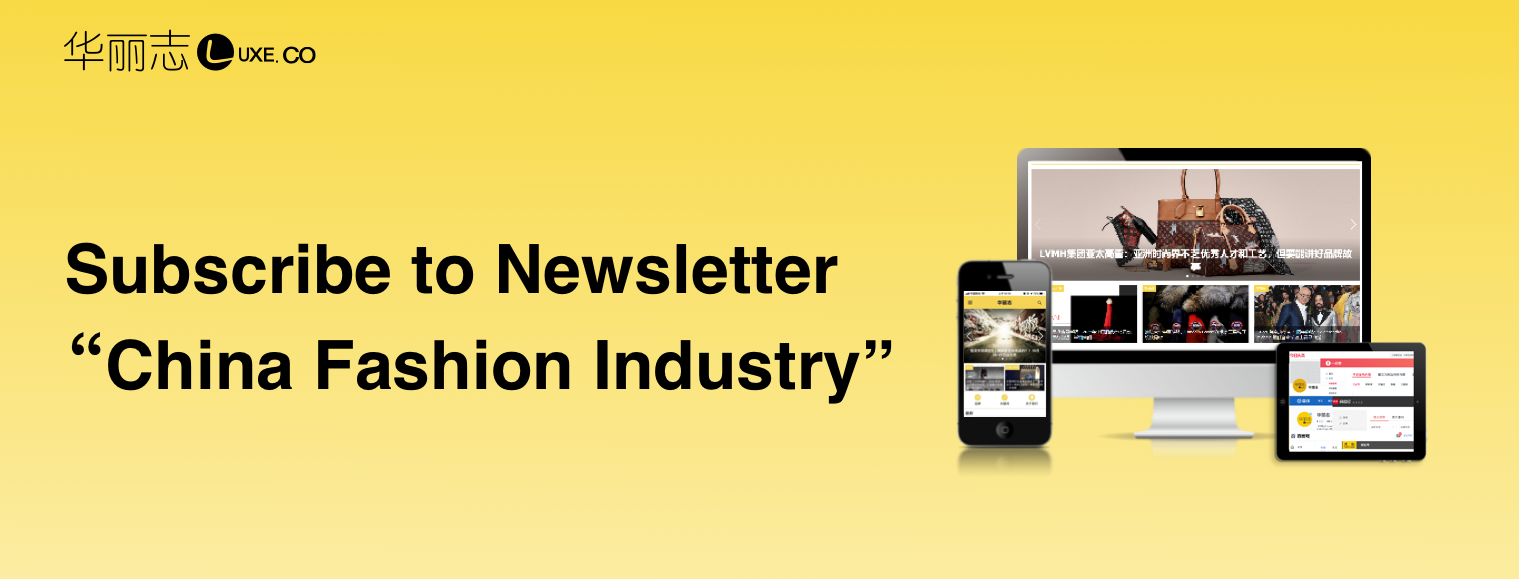A Conversation Between Luxe.CO and Allbirds: How the Brand Has Grown into a Unicorn Shoe Start-up
June 5,2020
After selling over one million pairs of shoes in two years and becoming known for making "the world's most comfortable shoes", Allbirds has secured support from a series of big investment institutions. With celebrities such as Leonardo DiCaprio throwing their weight behind the company, Allbirds is now valued at more than US$1 billion.
At the тLuxe.CO Global Forum on the Cloud 2020т on May 23, Alicia Yu, Founder & CEO of Luxe.CO and President of Orange Bay University, invited Joey Zwillinger, Co-Founder & Co-CEO of Allbirds, to join a live-stream discussion to share his experience as an entrepreneur, Т his future plans for Allbirds and give some suggestions for Chinese fashion entrepreneurs.
While many see the Internet-based DTC (Direct To Customer) business model as the main driver of Allbirds' explosive growth in a very short period of time, Joey Zwillinger believes that the DTC model means that opportunities and challenges exist side-by-side:
тWe believe that the vertical retail model is a fantastic model, but that's all. It's a distribution model where you can give the customer more value if you take it, but there's a lot of inherent challenges with DTC, such as growing market awareness and getting to enough consumers to actually make a difference.т
тSo, I think when we had that perspective, we believed that the only way to be a successful business (forget about the sales model being DTC) was to really innovate and make something truly differentiated that the consumer cares about.т
He summarized the "Three Legs" strategy for Allbirds' rapid growth in four years, as
-
- Quality Innovative Products
- DTC Business Model
- Sustainable Brand Concept
With this strategy, the product always comes first. As Joey stressed, тThe fact that people loved the feel when [the shoes were] on their feet and wanted to tell their friends about it obviously contributed massively to our early successт.

These are the highlights of the conversation between Alicia Yu and Joey Zwillinger:
Alicia Yu:Т We know that, as an environmentally-friendly footwear brand, you have brought a lot of sustainable new materials into the shoe production process. How do you communicate such sophisticated ideas about sustainability to customers? I'm especially curious about how you communicate these ideas and emphasize the brandтs ambition and your own concept when you go abroad to places like China.
Joey Zwillinger:Т It's a great question. We've learned a lot of lessons about this on the way. I would say that what we're making has a global resonance. When we're really successful in a region, it's because weтve truly tailored the message to something that makes sense and is in the cultural zeitgeist of that region.
For example, there's a lot of emphasis on reducing plastic waste in Europe, so, when we're talking about our purpose in European markets, we emphasize the attributes of our product, like the fact that our laces and some of the synthetic materials come from recycled plastic water bottles.
What weтre finding in China is the idea of harmony with nature, and the concept of natural-based innovation is something that is very attractive to the Chinese consumer. Since we put so much research and development into creating truly unbelievable textiles and some of the foams for the bottom of the soles with natural materials, we emphasize this super-premium quality in China by maybe telling a bit more of the story of how much weтve spent and how much energy weтve put into the innovation of these natural materials.
So, the messages across the world are all authentic and similar. Itтs just about making sure that we talk to consumers in a language that really resonates with them based on what's happening in their local market.
Alicia Yu:Т Just like one of the biggest slogans on your website: тAdventures in Natural Materialsт, Allbirds is going further and bringing a lot of new materials for the shoe market. What is your future plan or blueprint? Have you drawn a roadmap of how youтre going to get from here to there?
Joey Zwillinger:Т Yeah, we can take the approach we took, firstly with casual shoes, and then more recently, more athletic performance shoes. We can approach those markets [with]Т Т the same recipe and use it for a number of other opportunities. The most significant and obvious adjacency is in apparel. What weтre really looking to do is round out our consumersт lives with the things they really care about, that are gonna enable them to continue to take care of their health and well-being while looking good and feeling good about what theyтre wearingтІтІ. not just because it's got this incredible touch and feel to it because we've used such luxurious materials, but also because it makes them feel good that their purchase has made a positive contribution to society.
We have identified opportunities in different materials and they are currently in our R&D and product development pipeline. We think there are a lot of opportunities that are going to delight people.

Alicia Yu:Т I'm also very curious about the fact that you are now venturing to build a global team, having come from a DTC background based in America. What challenges have you found, and how do you overcome [them] and ensure that you stay true to your original spirit as your team grows?
Joey Zwillinger:Т We simultaneously launched the brand in New Zealand and the United States back in March 2016. I think the biggest challenge we have had tackle is a global one, the problem of climate change. We are addressing it by offering product categories that have a universal appeal - footwear and apparel. I would say we aspired to be a global brand from a very early stage because we thought it would make us a better company rather than being a great US brand that we could build and sell in China later.
What weтre actually finding is that weтre using really cutting-edge technologies for what I think is often referred to as new retail in China, whereby we are looking at the customer journey in both digital and physical retail. We're interacting with customers from our store staff through live streams and connecting their experiences in a really unique way. Weтre using a whole bunch of leading-edge technology, which I think has even leapfrogged a lot of what we do in the US... and we are learning from this experience and taking it back to our home market in the US, which is much bigger, and weтre applying what we have learnt.
I would say that the team in China just adds culturally to our mix and that we have a great experience of being a global company with a very diverse perspective and way of looking at what's happening in the world, which enables us to respond effectively.
Alicia Yu:Т There are lots of young entrepreneurs in China venturing into all kinds of new innovations in the fashion and lifestyle industries. Many of them have problems struggling to get from zero to one. Do you have any suggestions [for] them from your experience on how to not just ensure success, but also how to really stay true to their original beliefs, and develop their idea into a product and brand?
Joey Zwillinger:Т There may be a couple of things from my experience. One of the smartest things we did as a business when we started three months after we launched in June 2016 was to sit down and write a vision of what Allbirds would like in ten yearsт time in 2026. We put ourselves in the summer of 2026, looked backwards, and imagined what had happened over the last 10 years. We wrote a three-page story of what we did and what we strove to accomplish, and it forced us to think really big with conviction what we would do and what we would not do. It really helped to set some strategic parameters for the business so that, when people came into the business, they understood why we were making the choices we were making, which enabled them to become effective much more quickly. It also forced us to articulate our strongest convictions and identify things that were not negotiable. Hence, for young entrepreneurs, [I would say] keep reminding yourself why youтre doing what you're doing, to drive, and go through the hardships of going from zero to one.
The second thing I would say is something I live my life by and what we use as a model to plan in Allbirds. I would urge entrepreneurs to think big, write down your convictions, and then make a really big attempt to achieve these big ambitions. If you fail, it's okay. I have theТ good fortune of being in Silicon Valley where failure is not perceived as a negative thing, but I understand that may be different in different parts of the world. I think having some scars can actually serve you well in this entrepreneurial culture.
Video on YouTube: https://youtu.be/G5pNVaF_CB8












Comments